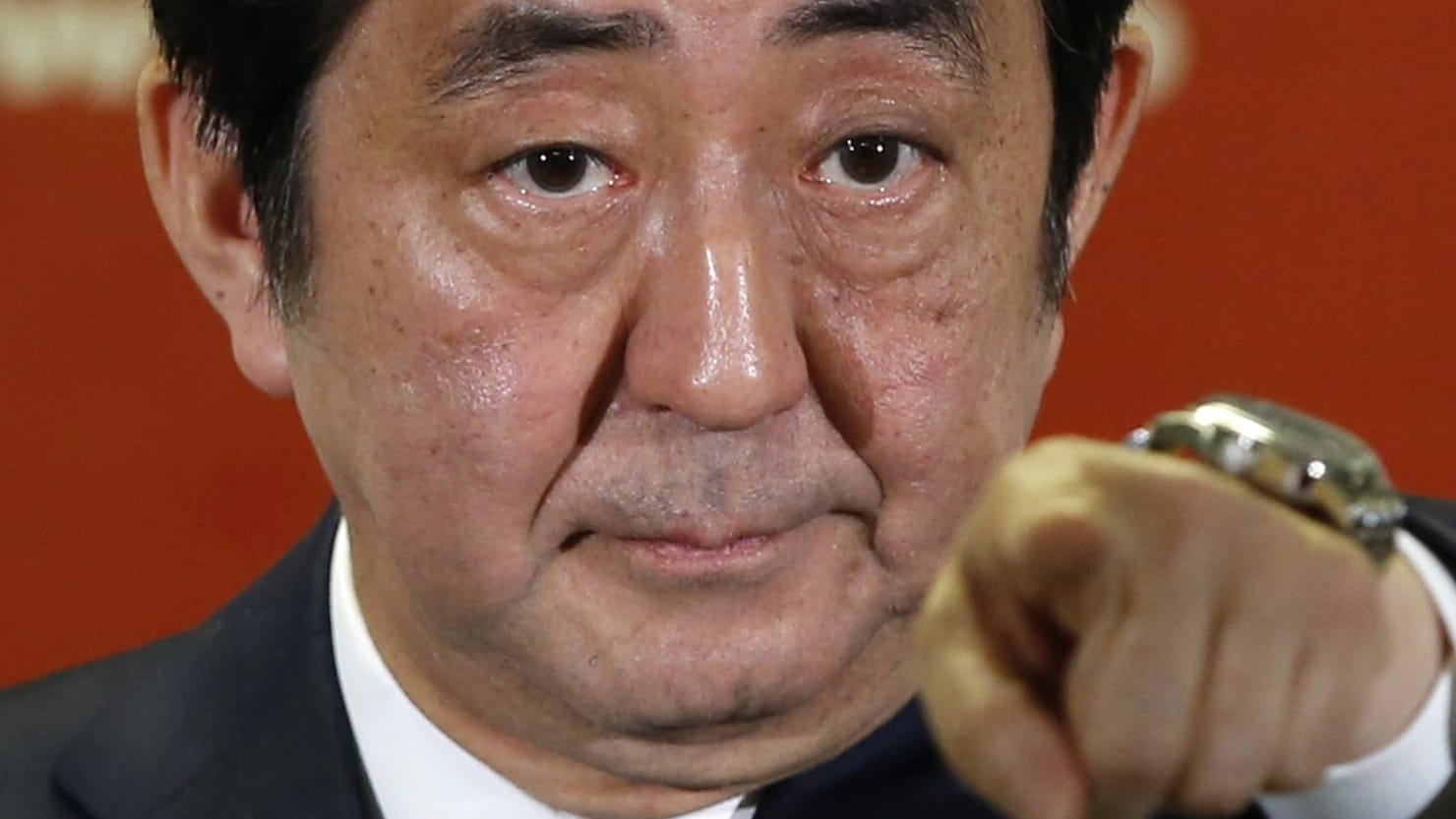Japan’s Terrible Anti-Terror Law Just Made ‘The Minority Report’ Reality
by Jake Adelstein, The Daily Beast:

Ironically, none of the 277 crimes have to do with terrorism, despite the name of the law. However, if you were planning to hunt mushrooms illegally or stage a boat race without a license—well think again, evildoers. You’ll be stopped in your tracks.
The essence of the law is simple: It allows law-enforcers to arrest and prosecute those who plan and prepare crimes even if those crimes are not carried out. There are 277 specific crimes that can be prosecuted for conspiracy, and possibly even more if the law is loosely interpreted.
However, as the contents were debated in the parliament, it became clear that the legislation was not only terrifying in the latitude it gives police but also terribly written. Ministry of Justice officials admitted that people could be arrested and convicted for conspiring to illegally hunt mushrooms (forestry laws) or go fishing. Often they were stumped for answers. Japan’s Lawyer Federation also pointed out that other terrible crimes covered under the law include copyright violations—such as copying sheet music, or a sit-down protest opposing the building of a condominium.
Of course, we all know that music teachers, mushroom hunters, and anti-condominium radicals are dangers to society, but do we need to proactively jail them? Yes, of course, we may need to. At least in Japan.
Prime Minister Shinzo Abe’s administration shamelessly claimed the bill was necessary for Japan to comply with the United Nations Convention Against Transnational Organized Crime, a claim that U.N. experts ridiculed. The government then claimed it was needed to strengthen Japan’s counterterror measures before the 2020 Olympics. The legislation was originally dubbed the Criminal Conspiracy bill, but the name was changed to “Terrorism and Other Crime Preparations,” ostensibly to make it sound more palatable. The original bill had over 600 crimes. But as the Japanese Federation of Lawyers pointed out, “Even with a change in name, the bill is just as flawed and dangerous.” However, the rebranding did help get more favorable responses in public-opinion polls conducted after the bill was resubmitted.
In many other countries, empowering police to arrest people on such a wide range of pretexts might not be so bad, but in Japan authorities can hold a suspect for as long as 23 days, with no right for the accused to have a lawyer present before the decision to file charges. For those indicted, the conviction rate is close to 99 percent.
Japanese legal expert Colin P.A. Jones noted in an op-ed, “During this period, [the police] can question suspects from dawn until dusk, with limited access to a lawyer. Moreover, although a suspect may be arrested for one crime, it may be a pretext for investigating another, leading to further arrests that restart the detention clock. Thus, without conspiracy being added to the mix, Japanese law-enforcement authorities already have broad powers to punish people they don’t like without ever putting them on trial.”
In 2015, after police arrested Mark Karpeles, the CEO of failed bitcoin exchange Mt. Gox, on minor charges, he refused to confess to stealing its missing 650,000 units of the cryptocurrency (at current prices, around $16 billion). Police then kept arresting him on separate charges, in hopes he’d crack. Eventually he was arrested and indicted so many times the presiding judge chewed out prosecutors and ordered them to stop dragging out the detention.
If you think Japanese police won’t abuse their new powers, think again. They have a record of abusing the powers they already have. This includes arresting club owners for allowing dancing after midnight. In January, the Saitama police arrested three anti-nuclear activists on bizarre charges. The alleged crime: Sharing the costs of a rental van for visiting meltdown-devastated Fukushima, which the police decided was “operating an unlicensed taxi service.”
The Public Security Division of most Japanese police departments even has a slang word for the last resort in arresting a suspected radical: “korobikobou.” This essentially involves an officer bumping into a suspect and then arresting them for obstruction of police performance of duties (Article 95 of the Criminal Code) and holding them in detention for as long as possible, interrogating them at leisure.



